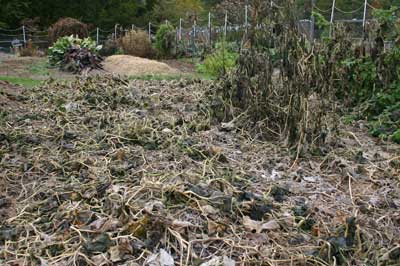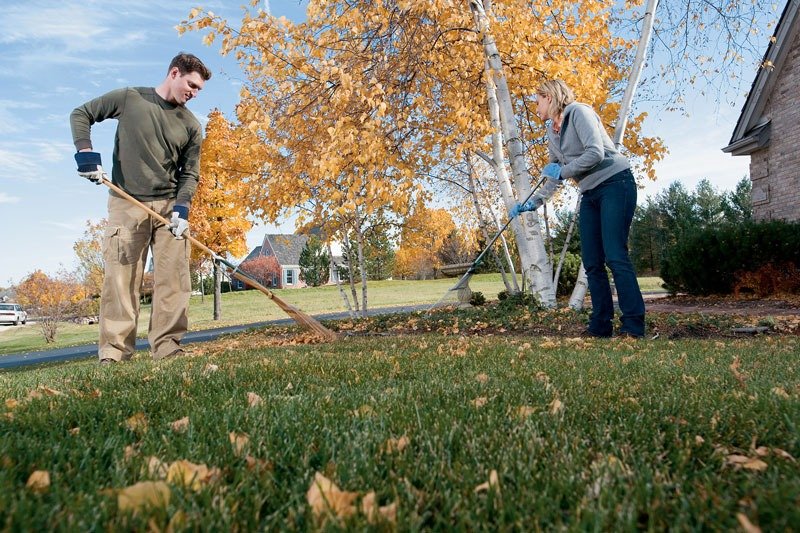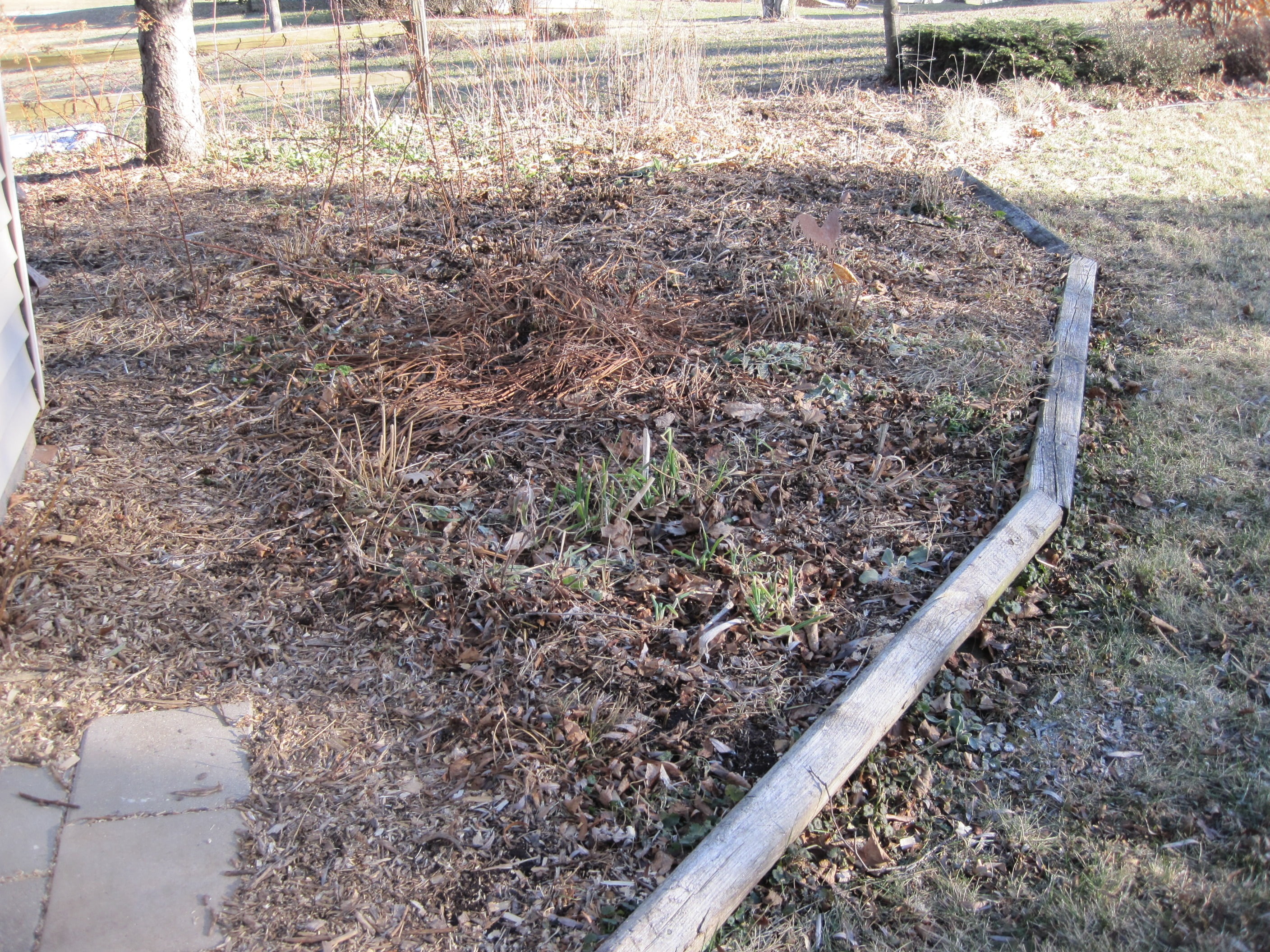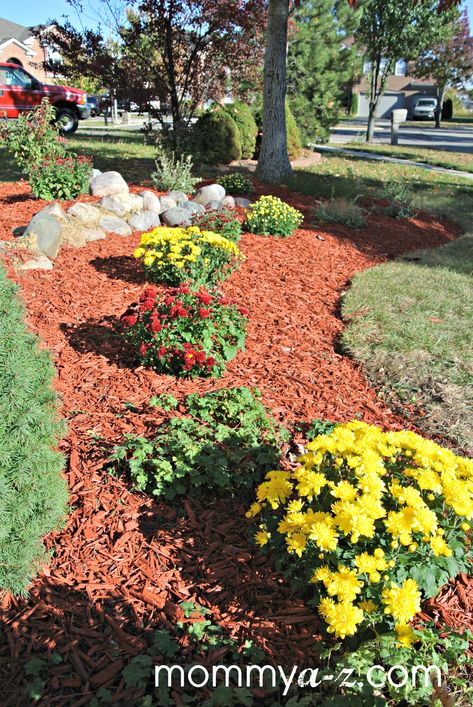[hcolumns]
Remember feeling overwhelmed this past spring because it felt like there was so much to do? Clean out garden beds, bring in fresh soil, weed, plant, water, prune, edge, the list goes on and on. We have some great news for you: it doesn’t have to be that hard! We have compiled a to do list so that when spring comes next year, you’re not in the weeds (literally and figuratively). There are steps you can take now that will have your lawn and garden perfectly prepared to sustain and thrive over the winter so that in the spring your lawn looks great and the beds are all prepped and awaiting beautification.
[/hcolumns]
- Test your soil
Testing your soil now and adding any necessary amendments will ensure that once spring arrives the grass will have the nutrients it needs to grow thick and full. Give your grass a head start next spring by improving the soil now.
2. Aerate
To encourage root development in the spring, aerate your lawn now so that it is able to absorb water and nutrients all winter creating healthy soil for spring growth.
3. Remove fallen leaves
We’ve said it before but we’ll say it again, leaves left on your lawn invite disease, mold, and suffocate the lawn. Make sure they’re cleared before the snow arrives.
4. Clean up rotting plants from gardens
Like leaves, letting old plants rot in your garden beds not only looks bad but also invites disease, fungus, and pests. If you wait until spring to clean out the garden, then any pests that overwintered or laid eggs on those old plants will already have had the chance to infest your garden.
5. Weed
Removing weeds now will position you for much less work in the spring. Again, waiting until spring to weed will give the weeds a chance to thrive and will make your spring and summer job much harder. Especially important is to remove the invasive weeds that root deep… the ones that you can’t dig up without damaging surrounding plants in the summer.
6. Plant cover crops
This tip applies more to vegetable gardens and beds…Planting cover crops will not only help keep unwanted weeds down but it will also improve the soil. Cover crops add nitrogen, increase organic material in your soil, and help prevent erosion.
7. Mulch
Mulching in the fall or early winter is a huge time saver and benefit to your garden. Mulch helps to retain moisture, regulate soil temperature, improve the soil as it breaks down, will give new growth in early spring a buffer against the cold, and inhibits new weed growth. Your plants will thank you for the warm blanket in the spring.
8. Clean and sharpen tools, service small engines
To prevent spreading any diseases to your plants next season, clean all your tools now before putting them away. Have your lawn mower winterized and get your snow blower ready for the winter.





